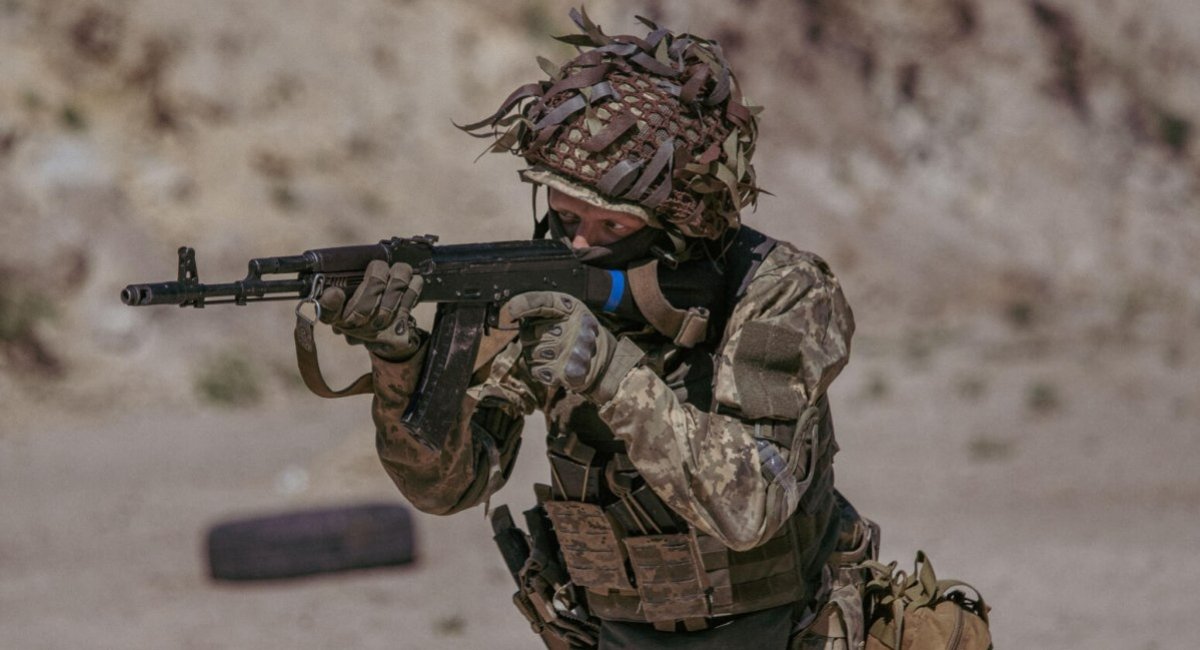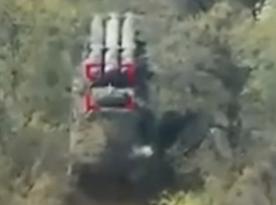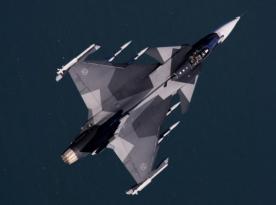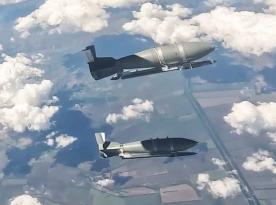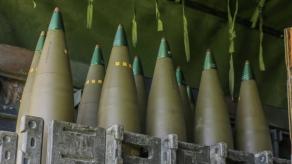The Ukrainian Armed Forces have officially approved a new camouflage pattern, the MM-25, which is essentially a copy of the globally recognized Multicam. This has led many to speculate that it marks the end of the current standard MM-14, known as the "pixel."
However, the Ukrainian Ministry of Defense clarified that MM-25 will not replace MM-14 but will instead serve as an additional pattern. It will be used alongside existing alternative options such as olive, jackal, and MM-16F camo.
Read more: Cutting-Edge Camouflage: Ukraine’s New Anti-Thermal Suits Redefine Battlefield Tactics (Video)
According to the ministry, the decision was made following a request from the Commander-in-Chief of the Armed Forces of Ukraine and numerous appeals from troops already using similar camouflage, so that soldiers won't have to buy such equipment at their own expense.
Defense Express notes, the ministry here may be referring to various units of the armed forces, where Multicam has gained much greater popularity than MM-14 and has practically become the de facto standard.
After the introduction, the provision of such units should be easier and others will have greater flexibility, without discarding the pixel.
To support this transition, the Ministry of Defense has already contracted 20,000 sets of MM-25 for 2025 to test production capacity. These uniforms will also help integrate new gear into Ukraine’s logistics and supply framework.
Over a dozen manufacturers have submitted applications to the Central Logistics Development Directorate for evaluation of the new pattern and color scheme, signaling that work on the uniform is progressing quickly.
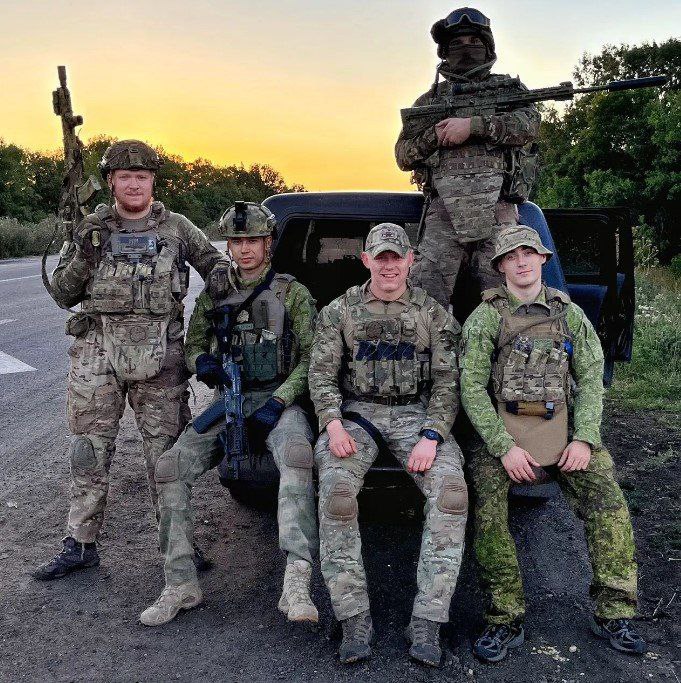
For reference, Multicam remains one of the most widely adopted camouflage patterns globally, recently even replacing Germany’s iconic Flecktarn. So, its addition to Ukraine’s arsenal aligns with a broader international trend.
For now, MM-14 will remain the primary camouflage of the Ukrainian Armed Forces. Even if a full transition to MM-25 is eventually decided, such a change would take at least several years due to the sheer scale of demand within Ukraine's vast military.
Read more: Colombia Buys $1B in Israeli Weapons — Then Bans Israeli Firms From Major Defense Expo




